
Etihad Airways, the national airline of the United Arab Emirates, reported carrying 1.7 million passengers in May 2025, marking a 19% increase compared to the same month last year. This growth reflects the airline’s ongoing strategic expansion and strong market positioning, underscored by a passenger load factor that rose to 87%, up from 84% in May 2024, demonstrating Etihad’s ability to optimize capacity while meeting high demand.
The airline’s operating fleet now stands at 100 aircraft, a milestone reached in May 2025, supporting its expanding global network and service enhancements. Etihad’s fleet is composed of a modern mix of narrow-body and wide-body aircraft, including the Airbus A320 family, Airbus A350 XWB, Airbus A380, Boeing 777-300ER, and Boeing 787 Dreamliner, making it one of the most advanced fleets worldwide.
This diverse fleet enables Etihad to serve a wide range of routes efficiently, from medium-haul to long-haul destinations.
In the first five months of 2025, 8.4 million travelers flew with Etihad, a 17% increase from the same period in 2024, maintaining an impressive average passenger load factor of 87%. The airline is actively expanding its route network, with plans to announce around 10 new routes later this year, leveraging new aircraft such as the upcoming Airbus A321LR jets.
These jets will enable Etihad to operate medium- and long-haul routes that are not feasible for larger aircraft, enhancing connectivity to destinations like Geneva, Krabi, Riyadh, Mumbai, and Delhi.
Etihad is also pursuing an ambitious fleet expansion strategy, confirmed by a recent agreement to acquire 28 new wide-body Boeing aircraft, including Boeing 787 and 777X models powered by GE engines. These aircraft, expected to join the fleet from 2028 onwards, will support Etihad’s long-term growth plans aimed at doubling the fleet size by 2030 and tripling passenger numbers by 2035. CEO Antonoaldo Neves highlighted that the airline plans to add approximately 20 aircraft annually over the next four to five years, reflecting a strong commitment to growth and operational efficiency.
Neves emphasized the airline’s focus on delivering an exceptional customer experience amid this expansion, noting, “As we continue expanding our route network and growing our fleet in the coming months, our focus remains on delivering a seamless and exceptional customer experience.” He also pointed out that the fleet expansion aligns with Abu Dhabi’s broader investment in aviation as a key driver of connectivity, tourism, and trade.
Etihad’s recent financial performance supports this positive momentum. In the first quarter of 2025, the airline experienced a 30% profit surge, driven by increased passenger revenue, network expansion, and improved operational efficiencies. The airline currently operates around 80 destinations and has introduced 16 new routes in 2025, with plans to further enhance its presence in key markets, including the United States, where it recently announced Charlotte, North Carolina, as its sixth U.S. destination starting May 2026.
With a combination of a modern, growing fleet, expanding route network, and strong financial results, Etihad Airways is well-positioned to continue its trajectory as one of the fastest-growing and most innovative airlines in the Middle East and globally.












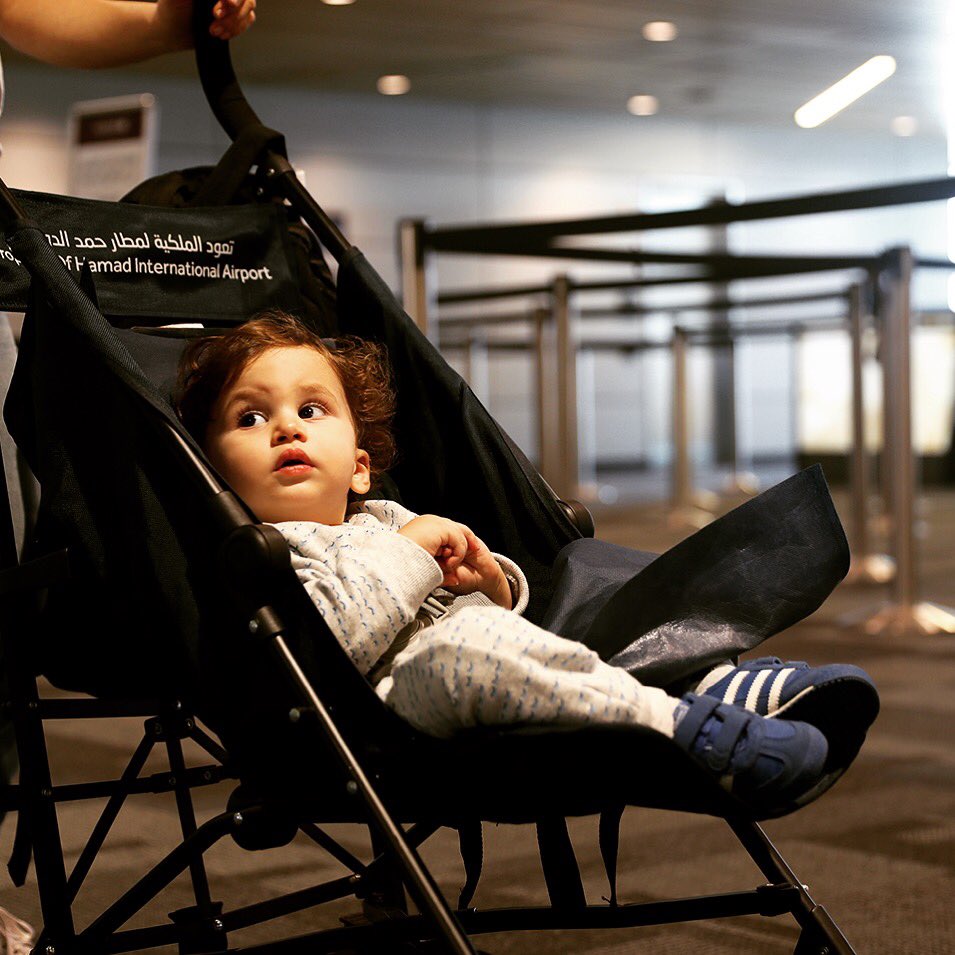
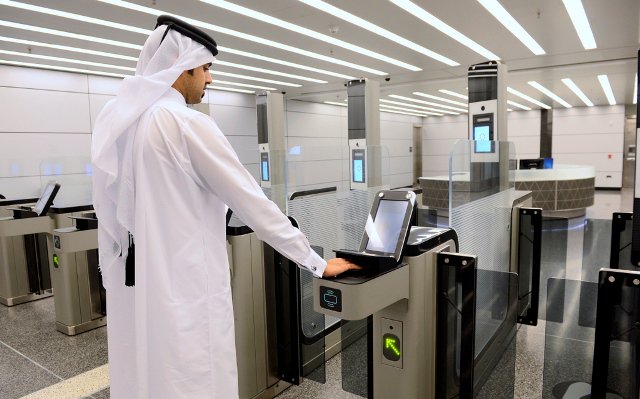





.jpg)





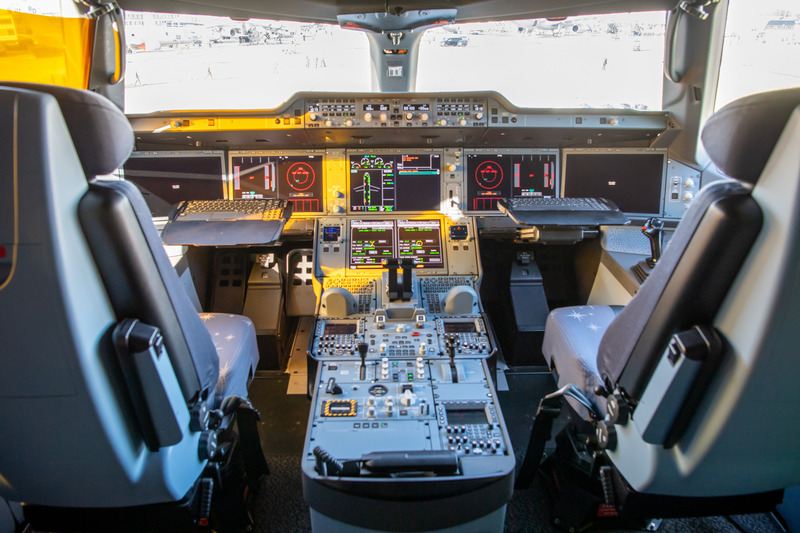

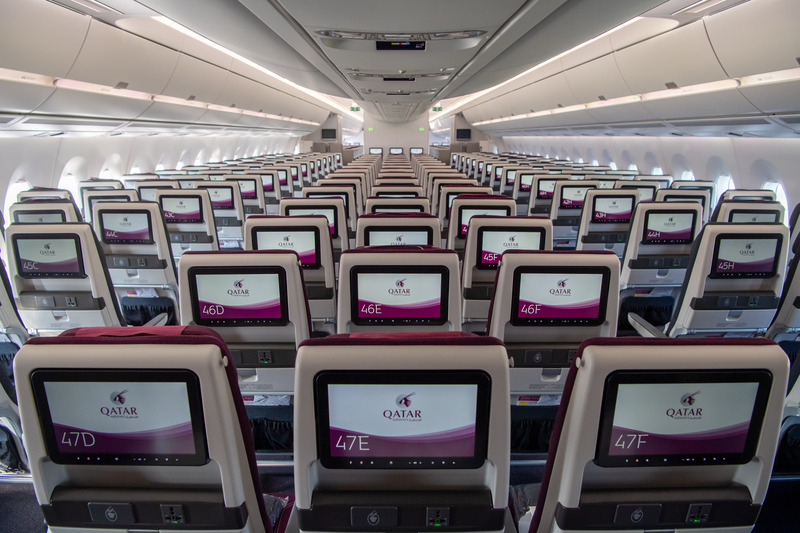

























-1064b2-large-1745848819.jpeg)
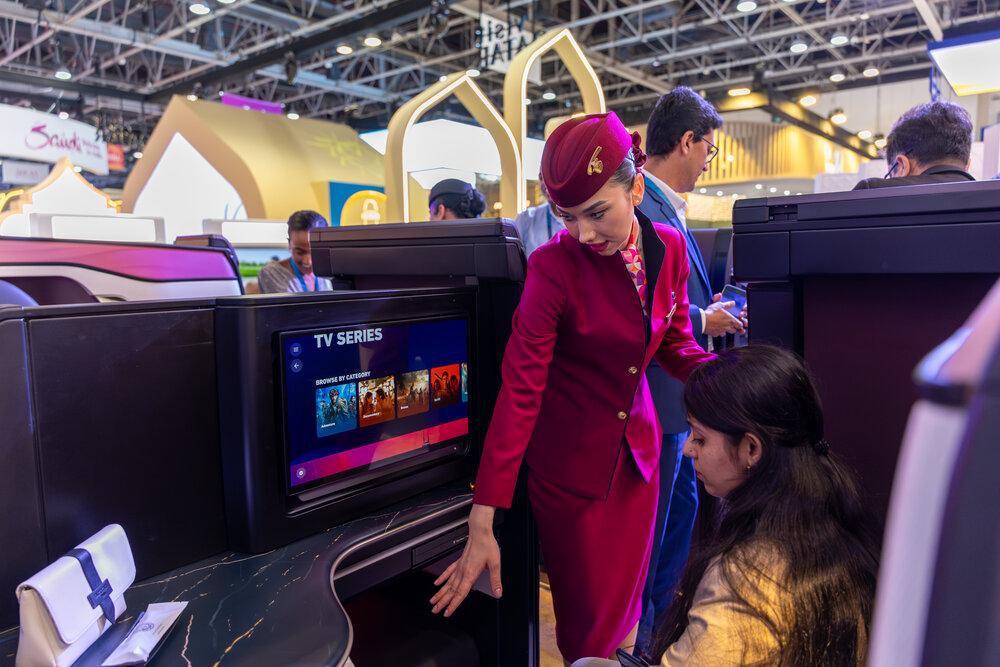
-4f6fa6-large-1745848821.jpeg)
-1dc918-large-1745931196.jpg)
-43a0e0-large-1745931200.jpg)
-53bb50-large-1745931198.jpg)


